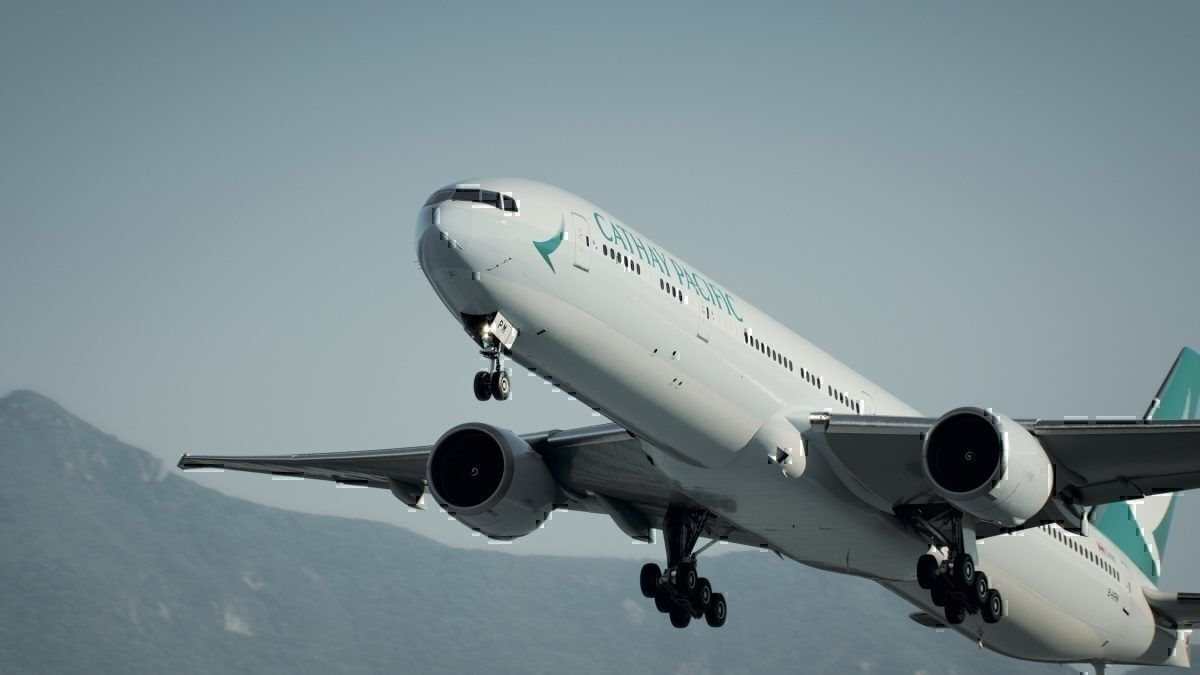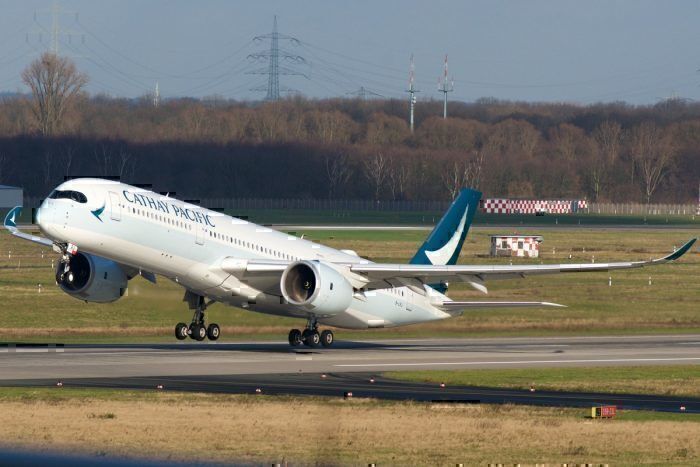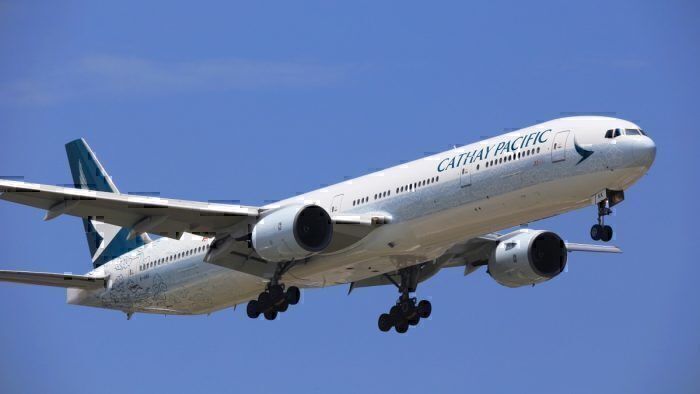Protests have spilled over into Hong Kong International Airport again today. As a result, Hong Kong Airport Express services have been suspended and passengers are being urged to get to the airport with plenty of time in order to minimize potential delays.
Loyalty Lobby reports today that Hong Kong International Airport is experiencing more disruption as a result of continued protests in the city. Hong Kong Express trains taking passengers to the airport have been canceled, while trains from the airport are operating every ten minutes.
According to the Hong Kong Free Press, a group of masked protesters entered Terminal 1 after breaking a locked glass door on the ground floor. The protesters were then chased away by airport security and some were found hiding in the toilets.
Access to the airport has been restricted to non-passengers since the middle of August in an attempt to prevent demonstrators from causing trouble. Today’s events have described as an “unauthorized assembly” by authorities, who have been struggling with ongoing demonstrations for months now.
How have the protests affected Hong Kong so far?
Hong Kong has witnessed arguably its worst period of civil unrest over the past couple of months. Hong Kong’s stock market had already lost $500 billion in value by early August, a figure that will likely be significantly higher by now.
Besides striking workers throughout the city and widespread damage to property and infrastructure, the protests have severely disrupted Hong Kong International Airport.
Making up 5% of Hong Kong’s GDP, the airport is both a vital hub of economic activity for the city and a key entrance point for tourists. So far, hundreds of flights into and out of Hong Kong have been canceled, causing the city’s airlines to lose out massively.
How have the protests affected Hong Kong's airlines?
Hong Kong’s largest airline, Cathay Pacific, has found itself in the spotlight multiple times since the start of the protests.
In August, Cathay Pacific’s CEO, Rupert Hogg, and its Chief Customer and Commercial Officer, Paul Loo, both resigned. They cited the airline's challenging circumstances as the reason for stepping down.
More recently, the airline has faced criticism regarding its policies towards employees and their right to protest.
In a memo to staff, Cathay Pacific’s Director of People warned that any employee participating in the general strike could have their employment terminated. The harsh stance towards protesting staff marked a quick turnaround from just weeks before when the airline said it would not stop staff from joining the protests.
Is there any light on the horizon?
Despite attempts to control staff and minimize losses as a result of the protests, Cathay Pacific is largely at the mercy of the protesters. Until a resolution is found, there is not much the airline, and the two other Hong Kong carriers it owns can do.
Beijing will also be upping the pressure on the airline to deal with protesting staff and general airport security as protests continue. Cathay Pacific was not available to respond to Simple Flying’s request for comment on today’s events.



